A Greek diaspora online media based in Australia has recently published a news item regarding the Greek dramatic TV series named “To Kokkino Potami” (Red River) which is said to have been broadcasted in Greek Open TV channel from October 6, 2019 to July 13, 2020 in 32 episodes. According to mentioned news item, the said historic romantic drama series is “based on the homonymous novel by Haris Tsirkinidis detailing the real events surrounding the Greek Pontian genocide”, and “follows the real-life story of a young couple from Pontos, a then Greek-populated region on the southern coast of the Black Sea during the 19th century.” As per the TV series’ director Manousos Manousakis, “One of the main aims of this series, is for the Greek Pontian genocide to be globally recognized and not just for our satisfaction and for the feeling of fairness as Greeks, but because a crime that is not punished historically keeps on getting repeated” [1].
A short internet search reveals that Harry Tsirkinidis, the author of the novel, is of Pontic Greek origin, his family most likely came to Greece from Anatolia within the framework of the Greek-Turkish population exchange after the Lausanne Treaty and settled in Kavala, that he was educated in the Greek and French War Academies as a staff officer of Greek army [2]. The same search also reveals that he is an ardent advocate of "Pontus genocide" allegations. It is worth mentioning in this regard that owner of the Greek Open TV channel is a Pontic Greek/Russian well known businessman Ivan Savvidis who, among a number of other companies, is the owner of Greek PAOK (Pan-Thessalonian Athletic Club of Constantinopolitans) football club.
There is no doubt that all compulsory migrations have their peculiar discourses which involve sorrowful and melancholic stories. There are a quite a number of families in Turkey whose family roots extend all the way back to the Balkans and the Caucasus. Their numbers can be pronounced with millions exceeding half of today's population of Greece. Some of them arrived in Turkey due to compulsory population exchange with Greece. What can be interpreted as ethnic cleansing in today’s terms was initiated by Greece and approved by the signatories of the Lausanne Treaty. Some others came to Turkey as a result of wars, including the Balkan wars. It is not possible to say that most of these families have a deep hatred for the countries they came from. Although there are those who may harbor this kind of hatred, they cannot be said to be too many.
However, in contrast to what we said about the situation in Turkey in relation to the population having Balkan migrant background, in Greece, especially in the Pontic Greeks, one can detect a deep and incorrigible pathological hatred against Turks and Turkey. It is a generally accepted assessment that Pontic Greeks retained a sense of separate identity and preserved a number of their cultural traits. These traits, at a certain degree, separate Pontic Greeks from the rest of the Greek population. Pontic Greek identity also has a diasporic dimension. It would not be an over exaggeration to state that hatred against Turks and Turkey plays the role of an adhesive material for keeping their separate identity. The best and most practical way to keep this memory alive and transmit it to the new generations is to put forward fabricated genocide allegations against Turks. Even some of the credible Greek academic studies consider these allegations as an “invention”. In this regard, it can be said that making a television series that includes a historical romantic drama which enable the producers to interpret historical events in a way to serve their political purposes is a practical way to make a hate-mongering propaganda.
There is an active and influential Pontian Greek lobby in Greece. In Greece and especially in Thessaloniki, the leading actors of the demonstrations against Turkey are the Pontus organizations. They regularly physically attack the Turkish Consulate General in Thessaloniki, which is also is the venue of Atatürk House Museum. As it can be remembered, Pontic groups brutally assaulted the then 75-year old Thessaloniki Mayor Yiannis Boutaris on 19 May 2018 during the “Pontic Genocide” commemoration in Thessaloniki and hospitalized him on the pretext of his favorable words concerning Greek-Turkish tourism relations. It should be remembered in this regard that after the pressures from Pontian lobbies, the Greek government passed “a motion on 24 February 1994 that May 19 be day of commemoration for the Pontian Genocide” and the Greek parliament adopted a law declaring May 19 as a day of remembrance of the “Genocide of the Pontian Greeks”. The foregoing short description of the Pontic Greek activities in Greece and in the diaspora allows us to indicate how influential Pontic groups are in spreading hatred against Turks and Turkey in Greece and abroad. The prudence of Turks and Turkey is essential so that this pathological hatred of Pontian Greeks against Turks and Turkey will not provoke further enmities.
*Photo: https://greekcitytimes.com
© 2009-2025 Center for Eurasian Studies (AVİM) All Rights Reserved
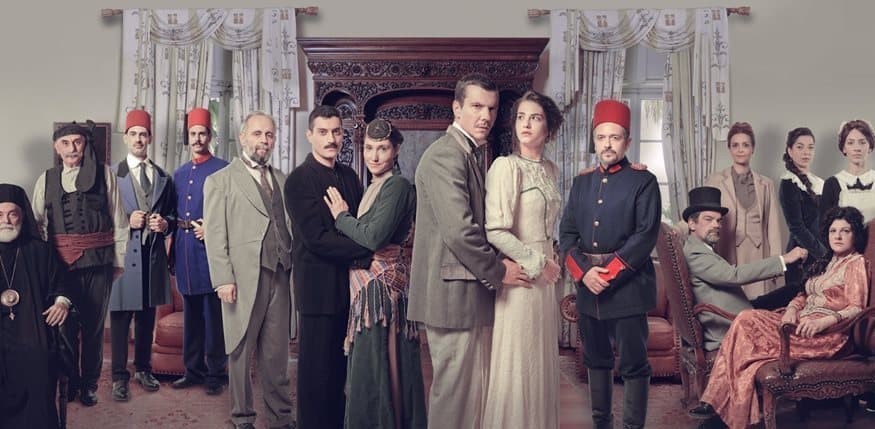
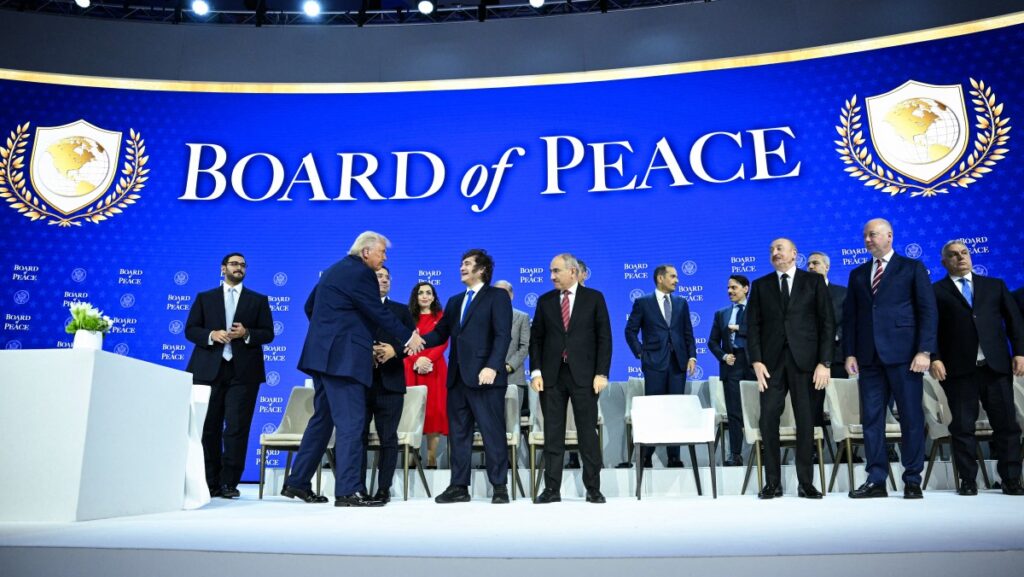 ROMANIA, THE BLACK SEA, AND THE LIMITS OF STRATEGIC SUBSTITUTION
ROMANIA, THE BLACK SEA, AND THE LIMITS OF STRATEGIC SUBSTITUTION
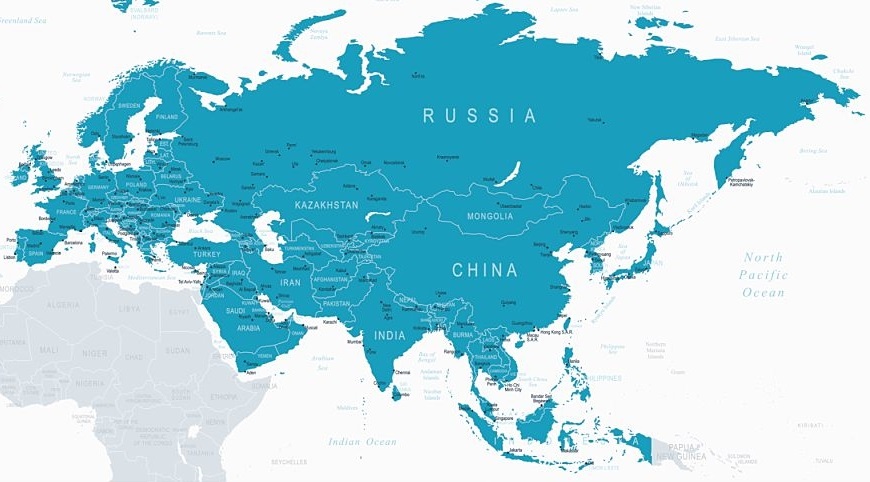 EU’S NEW CENTRAL ASIA STRATEGY AND NOTION OF CONSTRUCTIVE EURASIANISM
EU’S NEW CENTRAL ASIA STRATEGY AND NOTION OF CONSTRUCTIVE EURASIANISM
 AN EXEMPLARY FIGURE IN DIPLOMACY AND HISTORY: IN MEMORY OF RETIRED AMBASSADOR BİLAL ŞİMŞİR
AN EXEMPLARY FIGURE IN DIPLOMACY AND HISTORY: IN MEMORY OF RETIRED AMBASSADOR BİLAL ŞİMŞİR
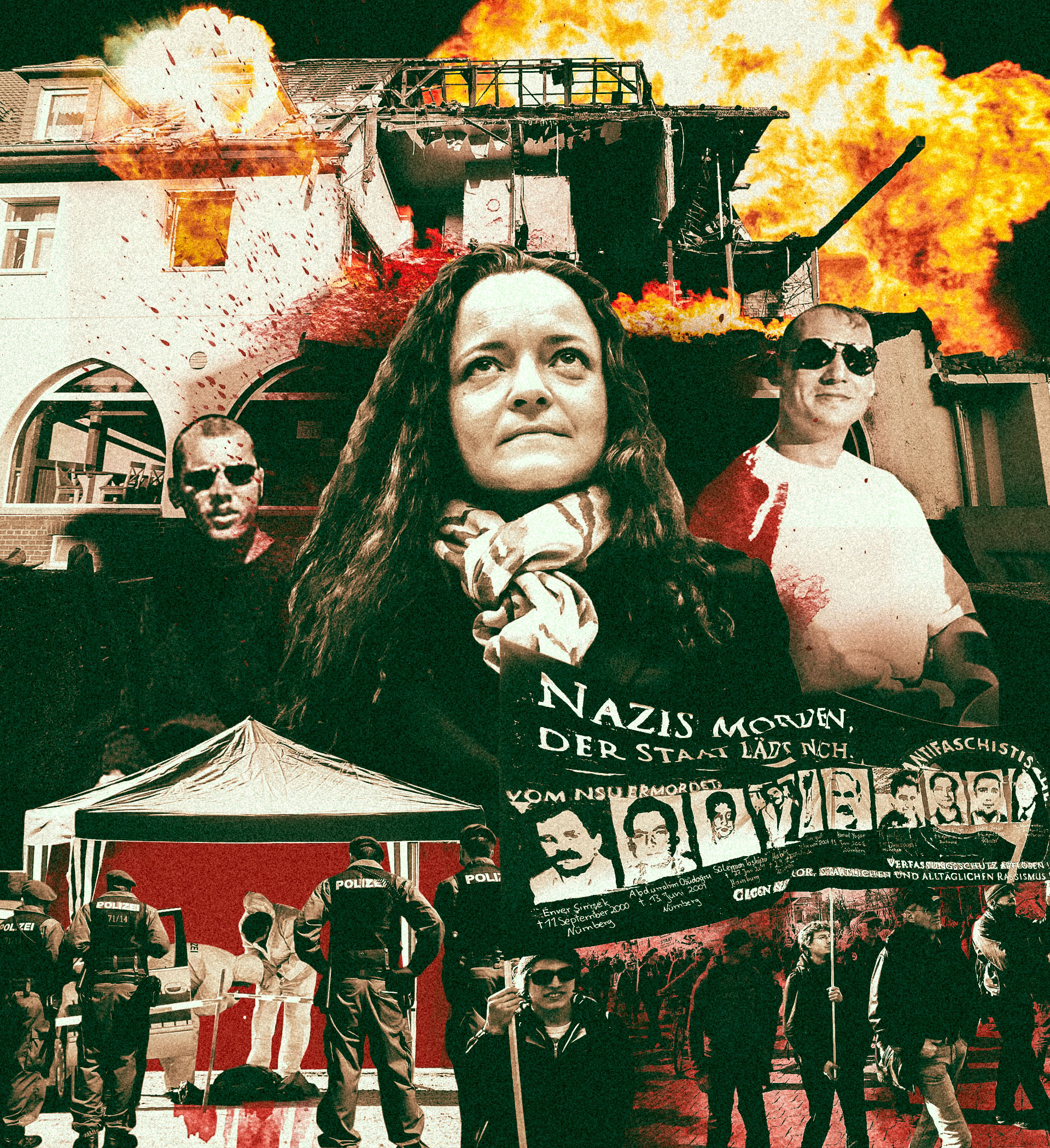 NSU CASE COVERED UP AND LEGALLY CLOSED: IS IT POSSIBLE TO AVOID SOCIAL AND POLITICAL REPERCUSSIONS?
NSU CASE COVERED UP AND LEGALLY CLOSED: IS IT POSSIBLE TO AVOID SOCIAL AND POLITICAL REPERCUSSIONS?
 JOE BIDEN’S STATEMENT ON 1915 EVENTS: PURPOSEFUL POLITICAL ACTIONS MAY CAUSE UNANTICIPATED CONSEQUENCES, AN ANALYSIS FROM THE SOCIOLOGICAL VIEWPOINT
JOE BIDEN’S STATEMENT ON 1915 EVENTS: PURPOSEFUL POLITICAL ACTIONS MAY CAUSE UNANTICIPATED CONSEQUENCES, AN ANALYSIS FROM THE SOCIOLOGICAL VIEWPOINT
 ARMENIA’S PROPAGANDA PROJECT IN EUROVISION 2015
ARMENIA’S PROPAGANDA PROJECT IN EUROVISION 2015
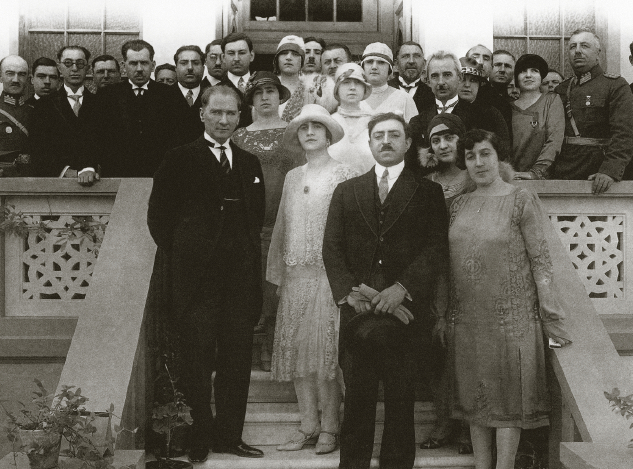 THE CENTENNIAL OF TURKEY-AFGHANISTAN RELATIONS
THE CENTENNIAL OF TURKEY-AFGHANISTAN RELATIONS
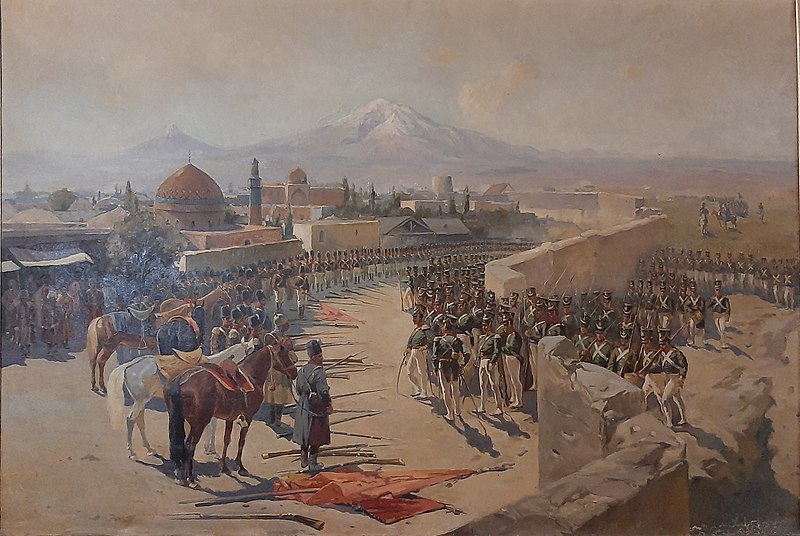 A NEW TENSION EMERGING IN THE SOUTH CAUCASUS CONCERNING THE ISSUE OF RELIGIOUS REPRESENTATION
A NEW TENSION EMERGING IN THE SOUTH CAUCASUS CONCERNING THE ISSUE OF RELIGIOUS REPRESENTATION
 EU’S NEW CENTRAL ASIA STRATEGY AND NOTION OF CONSTRUCTIVE EURASIANISM
EU’S NEW CENTRAL ASIA STRATEGY AND NOTION OF CONSTRUCTIVE EURASIANISM




























